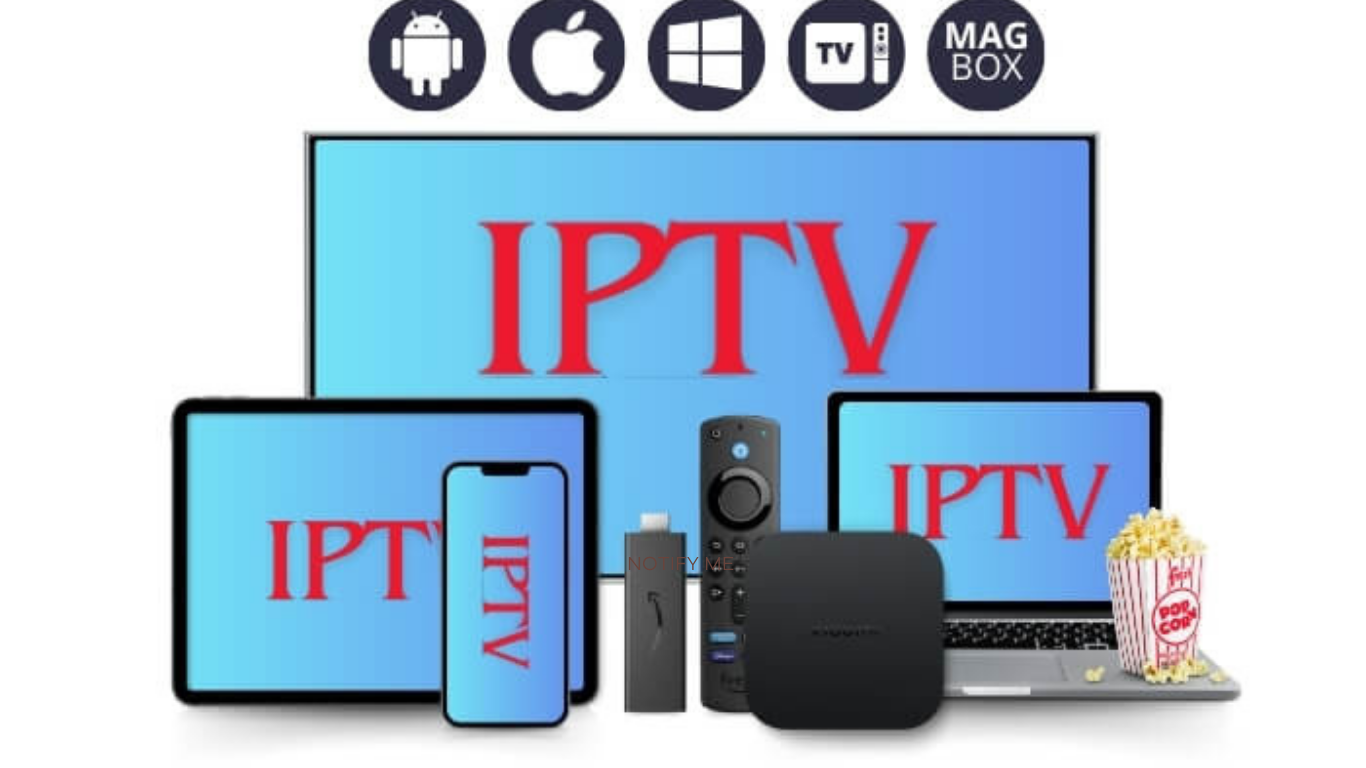
IPTV 4K A stable internet connection is absolutely essential for a smooth viewing experience. Buffer-free streaming, especially for live events or high-resolution content, demands adequate bandwidth.
| Video Resolution | Recommended Speed (Mbps) for Stability | Why You Need This Speed |
| Standard Definition (SD) | 5 – 8 Mbps | Suitable for small screens or basic viewing. |
| High Definition (HD/1080p) | 15 – 20 Mbps | The standard for most cable replacement viewing. |
| Ultra HD (4K) & HDR | 35 – 50 Mbps or higher | Critical for enjoying full IPTV 4K quality. |
Focus on IPTV 4K Performance:
A stable internet connection is absolutely essential for a smooth viewing experience. Buffer-free streaming, especially for live events or high-resolution content, demands adequate bandwidth.
To achieve the best IPTV 4K quality—four times the clarity of standard HD—you need a dedicated minimum of 25 Mbps, but we highly recommend 35 Mbps or more. This higher speed is necessary because:
- Home Congestion: Your internet speed is shared among all devices in your home (phones, laptops, smart assistants). If someone is gaming or video conferencing while you watch, your stream needs extra overhead to avoid buffering.
- Wired is Better: For a guaranteed IPTV 4K stream, especially during high-demand events like live sports, you should use an Ethernet cable to connect your streaming device directly to your router, rather than relying on Wi-Fi.
3. 💻 What Devices Do I Need to Run IPTV?
The great news is that modern IPTV services are highly flexible. You likely already own the hardware required to get started. However, to unlock true IPTV 4K resolution, you must ensure your device is 4K-capable.
Here are the most popular and recommended devices in the US market:
- Amazon Fire TV Stick (4K or 4K Max): This is the most popular and budget-friendly option. The 4K models provide excellent processing power and seamless support for dedicated IPTV apps like IPTV Smarters Pro and TiviMate.
- Android TV Boxes (e.g., NVIDIA SHIELD): These are powerhouses. If you are serious about maintaining IPTV 4K stability, require extra storage for recordings, or need the best application performance, an Android Box is often the superior choice.
- Smart TVs (Samsung, LG, Android TV): Most modern Smart TVs allow you to download an IPTV player app directly from their store, eliminating the need for an external stick. Ensure your Smart TV actually supports 4K natively and has a fast processor.
- Apple TV 4K: A premium option known for its excellent user interface and reliable performance, perfect for integrating high-quality IPTV into a sleek entertainment setup.
- Mobile & Computer Devices: All services support viewing on smartphones, tablets (iOS/Android), and PCs/laptops via dedicated apps or web players, though these are typically used for temporary viewing rather than dedicated IPTV 4K home theatre setups.
4. 🛑 Why Does My IPTV Keep Buffering?
Buffering (the spinning circle that interrupts your viewing) is frustrating. While it’s often blamed on the provider, it is usually a combination of factors related to your home setup:
- Internet Speed is Too Low: As detailed above, if you’re attempting IPTV 4K on a connection that only provides 15 Mbps, buffering is inevitable.
- Wi-Fi Interference/Range: Your router might be too far away, or other devices (microwaves, cordless phones) might be interfering with the signal. Switching to a wired Ethernet connection is the best solution.
- VPN Speed: If you use a Virtual Private Network (VPN), ensure it is a high-speed, premium service. Low-quality VPNs can drastically reduce your speed, making IPTV 4K impossible.
- Server Overload: On rare occasions, if your provider’s server is overwhelmed (common during major football finals or boxing matches), everyone experiences buffering. If this happens frequently, it’s a sign to switch to a more reliable provider.